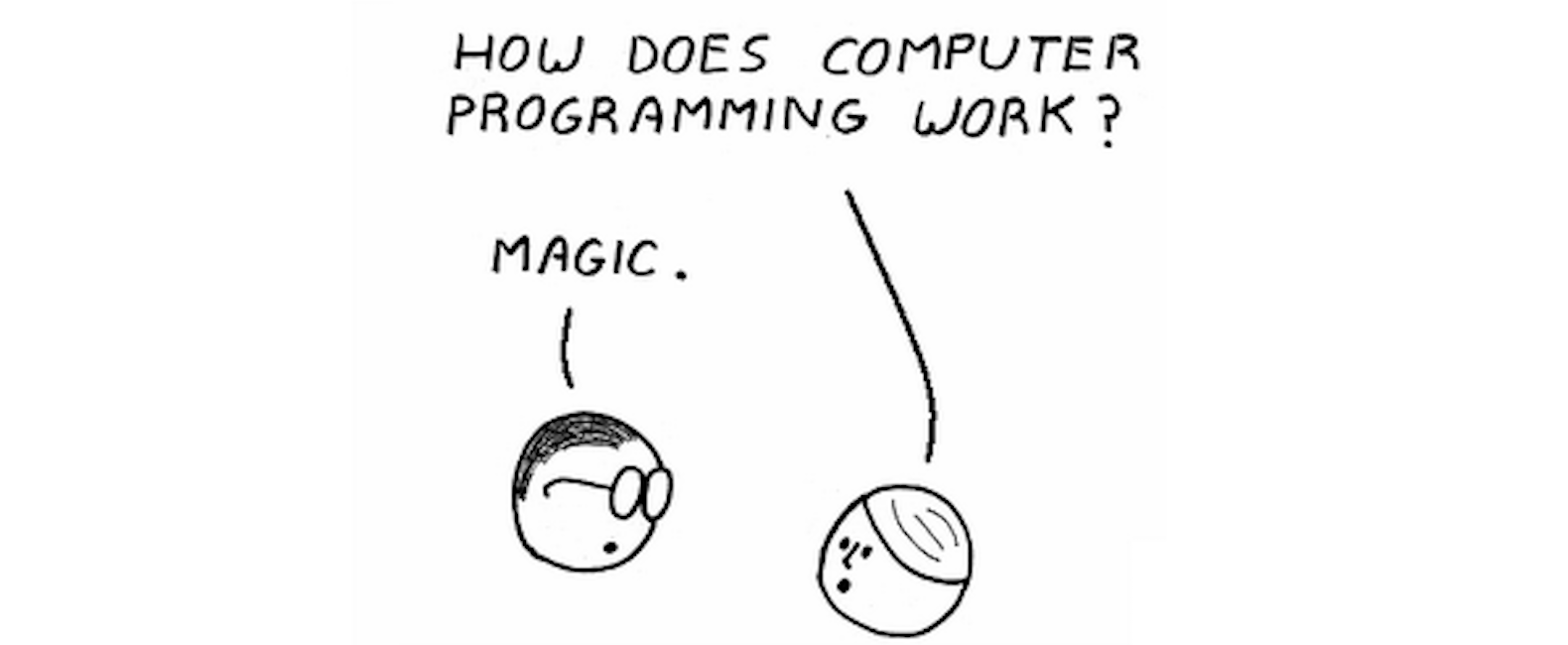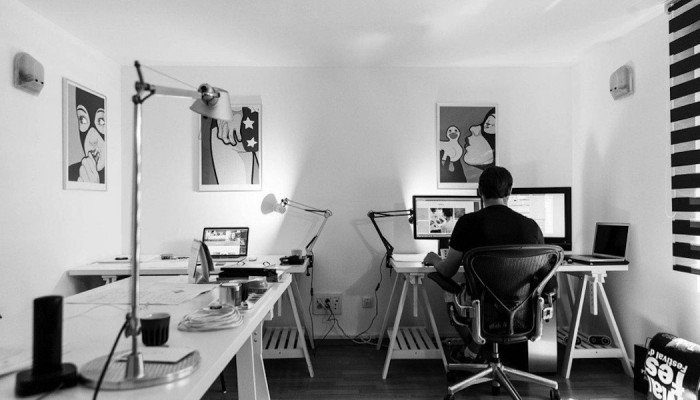How I ended up in Computer Science
By Casey Kesterson, James Madison University, Class of 2017
I was going to be a physical therapist (PT). I had applied to James Madison University in Virginia and had written my application essay on why I wanted to pursue the field of PT. After multiple knee surgeries and spending countless hours in physical therapy, I began volunteering at a clinic near my house. My plan was to major in kinesiology, graduate, and then apply to Virginia Commonwealth University for graduate school, completing my college years as a licensed physical therapist. I had this all figured out as a junior in high school.
When senior year rolled around, I enrolled in AP Biology, plus an Anatomy and Physiology course through my local community college. When I started high school, my dad told me that he’d like me to take at least one computer science elective before I graduate. He’s an electrical engineer and has always been interested in technology. I tried to avoid it, running to him whenever my computer froze up or the TV wouldn’t turn on. Technology drove me crazy, actually—all it ever did was break! So, of course, I kept putting off the computer science class, hoping maybe he’d forget about it. But, of course, he didn’t.
By senior year, I realized something. As I spent hours reading about bones and trying to memorize their epicondyles, facets, and tubercles, I realized I hated anatomy. And I wasn’t a big fan of biology, either. Both were interesting, and I had a great professor, but I couldn’t see myself studying for seven years to become a licensed physical therapist, and then continue studying throughout my career to make sure I didn’t forget anything. These subjects just didn’t excite me or make me look forward to a physical therapy career.
I realized something else, too. As much as I hated to admit it (to myself and especially my parents), my dad had been right: I was loving my computer science class. I thought it would be about the parts of a computer and building computers and setting them up, but it wasn’t. Instead, it was a lot of working on programs that you run on your computer.
This was challenging in a way I had never encountered before. The symbols that we used were foreign to me, including keys I had never noticed on the keyboard before. The programming language we learned, Java, had some English in it, words like “for” and “each” and “while,” but just because I knew some of the words, it didn’t mean I understood what they meant for programming. It wasn’t like anything I had ever done! I was staying after school a couple days a week so my teacher could re-explain concepts to me. I was hooked.
Being able to type a few simple lines of code and have the computer follow my every command was (and still is) awesome. Plus, there’s nothing like the rush you get when a program doesn’t work, and you keep working at it – you’re making corrections and rereading your code and you’re frustrated and think you’ll never get it and then bam—one small change fixes everything. It runs perfectly, and you remember all of the things you love about programming. There’s just something really cool about writing code in programming languages that only a small percentage of the population can read and make sense of. To the average person, it looks like you’re typing gibberish, but, in reality, you’re controlling the computer—it’s like magic.
As soon as I was accepted into JMU, I changed my intended major from kinesiology to computer science, and actually ended up getting a scholarship through the Computer Science Department. Since then, my dad has never let me forget that he’s the reason I found CS (he’s still trying to convince me that parents always know best). I won’t say that computer science is for everyone because it’s definitely not—it’s a tough major – but if you love it, it’s worth it, 100%. I have never once regretted changing my major to computer science!


